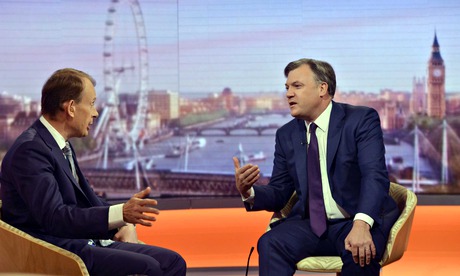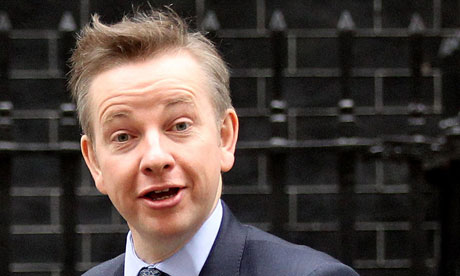What is the "trickle-down" fallacy, and how does it relate to the distribution of wealth in a capitalist system?
The "trickle-down" fallacy is the belief that when the wealthy and corporations accumulate more wealth, it will eventually "trickle down" to benefit everyone in society. This theory suggests that if the rich have more money, they will invest, create jobs, and stimulate economic growth, which will ultimately improve the well-being of everyone, including those at the bottom of the income ladder. However, this theory ignores several important aspects of wealth distribution in a capitalist system. Let's understand it with simple examples:
Tax cuts for the wealthy: Advocates of the trickle-down theory often argue for tax cuts for the rich, believing that they will use the extra money to invest and create jobs. However, in practice, the wealthy may not necessarily invest their additional wealth in ways that benefit the broader economy. They might opt to invest in offshore accounts, buy luxury goods, or engage in speculative activities like stock trading, which may not lead to significant job creation or widespread economic growth.
Wage stagnation: Trickle-down economics assumes that as the wealthy accumulate more wealth, they will increase wages for workers. However, in reality, wages for many workers have stagnated or grown at a slower pace compared to the rising incomes of the wealthy. For example, over the past few decades, productivity has increased significantly, but the gains have primarily gone to executives and shareholders, while workers' wages have not kept pace. This demonstrates that the benefits of wealth accumulation often do not trickle down to workers in the form of higher wages or improved living standards.
Rising income inequality: Trickle-down economics fails to address the issue of income inequality. Over the past few decades, the wealth gap has widened, with the top earners capturing a disproportionately large share of economic gains. This suggests that the benefits of economic growth and wealth accumulation are not evenly distributed across society. Instead, they tend to concentrate in the hands of a few, exacerbating income and wealth disparities.
Lack of investment in public goods: The trickle-down theory assumes that the wealthy will invest their additional wealth in ways that benefit the broader society. However, in practice, a significant portion of wealth accumulation may not be directed towards public goods, such as education, healthcare, infrastructure, and social programs. Instead, the wealthy may focus on maximising their personal wealth through financial instruments, real estate, or other investments that primarily benefit themselves, further exacerbating societal inequality.
In summary, the "trickle-down" fallacy suggests that the benefits of wealth accumulation by the rich will automatically benefit everyone in a capitalist system. However, this theory ignores the reality that wealth does not necessarily trickle down to the broader population. Instead, it often perpetuates income inequality, fails to address wage stagnation, and may not result in significant investment in public goods. Understanding these limitations is crucial for developing policies that promote a more equitable distribution of wealth and opportunities in society.



